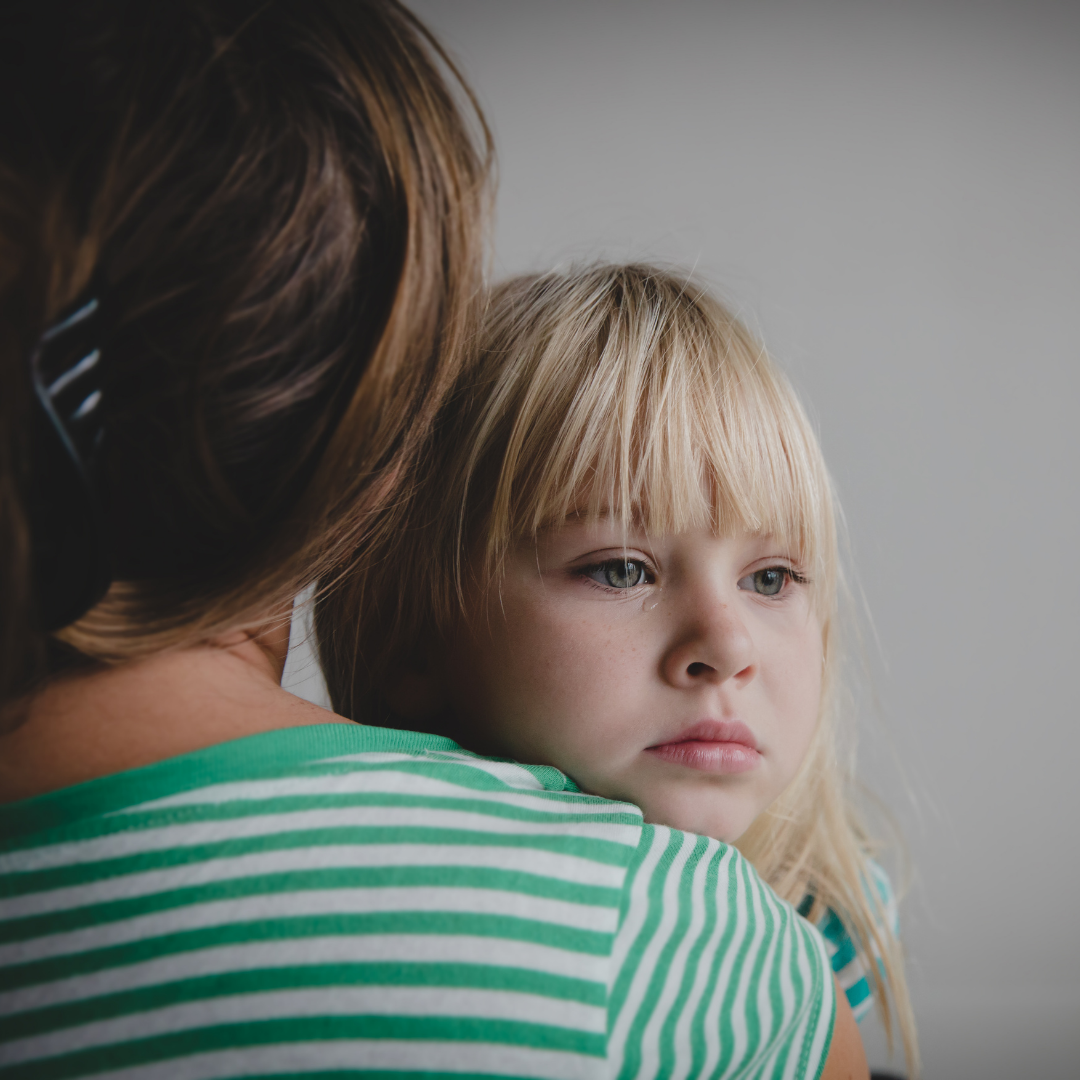Talking to children and young people about war
 Published: 3rd Mar 2022
Published: 3rd Mar 2022
Our tips to help parents, carers and professionals support children navigate their feeling about the war in Ukraine.
Whether we are directly affected, or we are just watching it play out in the media the tragic events currently unfolding in Ukraine have an impact on all of us, including children.
It can be hard to know how to talk to children about what is happening in the world. The following tips are designed to help prepare you for conversations about the war in Ukraine with children and young people.
Make time to listen to them
Many children will be frightened or worried about what is to come as a result of a war in Europe. It is important we make the time to listen to what they have to say and to find out what they already know about the war. Ask what they have heard and how they are feeling, and listen to their responses.
Talk to them on their level
Once you understand what they know about the situation you can tailor the conversation to their level. Always start with the basics and add detail as they ask for it, this can help to avoid overwhelming the child or young person.
Ask them how they feel about the war and if they have any questions. Remember, it’s okay not to have all the answers.
Validate their feelings
When a child shares how they feel about a situation it is important to ensure that they do not feel judged. No matter how they are feeling about the situation, let them know that their feelings are valid.
Manage your own feelings
It’s important to try and manage your feelings of stress and worry around children. Remember to look after your own wellbeing so you can look after theirs. It can be easy to get lost in the 24 hour news cycle, or news via Twitter, so trying to keep routines that are meaningful to you can be a boost e.g. that morning walk, or eleven am coffee.
Reassure them
If the child you are talking to is worried, try to reassure them. Remind them that they are not responsible for solving what is happening and that they are safe. Be honest but reassuring at the appropriate level. Younger children require safety messages, while older children and adolescents tend to need facts and context.
Avoid over exposure to news
Be aware of the media you are consuming around children and young people. Have conversations with older children about their own media consumption, including social media such as TikTok and Instagram where civilian footage of the war is being shared. Support children and young people to find a healthy balance and to understand that not everything they see online is true. Make sure that older children and young people know where they can find reliable news sources.
Look out for those who may be more vulnerable
Refugee and asylum seeking young people may have experienced trauma. This can increase the risk of psychological distress and potential social, emotional, behavioural and learning difficulties. However, it is important to emphasise that not all asylum seeking young people will present with traumatic distress as a result of their experiences. Many display resilience, resourcefulness and high functioning despite the adversities they have encountered. (edpsy.org.uk)
Seek support if you need it
If the conflict is having a significant effect on a child or young person’s, remember that there is support available.
If you are worried about a foster child in your care, please contact your Supervising Social Worker in the first instance who will be able to offer you one to one support.
If you are an adoptive parent, please contact our post adoption support team
For mental health support for children and young people aged 0-25, contact Forward Thinking Birmingham
If you have other concerns about the wellbeing of a child or young person, contact our Children's Advice and Support Service (CASS)